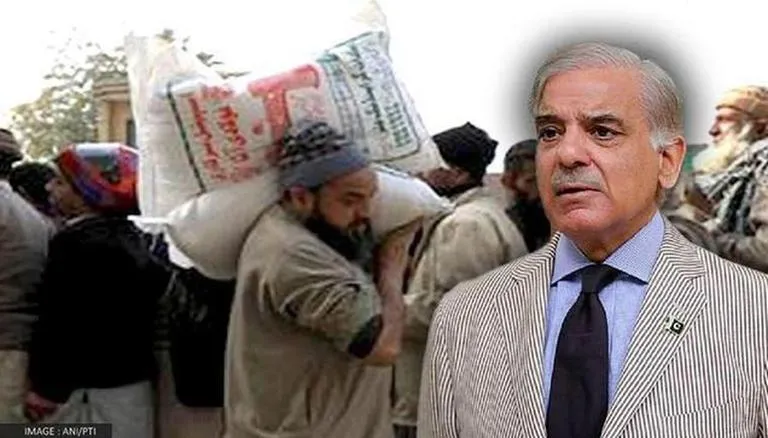Amid the growing economic crisis, the Finance Ministry of Pakistan predicted that the inflation in the country is expected to rise even more. The ministry gave out this forecast on Friday and stated that many factors are responsible for the rise in prices. The country has been witnessing one of the worst economic crises in its history. According to the Pakistani news outlet Dawn, the ministry stated that the reasons behind the rise are the effect of the second round of policy decisions by the Pakistani administration to raise energy and fuel prices and the central bank’s latest policy rates. The ministry also stated that the rupee depreciation to secure the IMF funding is also part of the reason behind the grave prediction. For the longest time, the poverty-stricken country has been struggling to acquire a sustainable bailout from the International body.
“Inflation may further jack up as a result of a second-round effect,” the ministry stated in its Monthly Economic Update and Outlook, as per the report by Dawn. In the economic update, the ministry said that the economic and political uncertainties in the country were causing inflationary expectations to move upwards. According to Dawn, the short-term rate of inflation, which was measured by the Sensitive Price Indicator (SPI), hit a record high of 46.65% last week. The monthly inflation rates measured by the Consumer Price Index (CPI) reached 31.6% in February. The numbers are the highest in six decades.
Inflation expected to stay at an elevated level: Pak Finance Ministry
According to Dawn, the ministry asserted that the inflation rates are expected to stay at an elevated level due to the market friction caused by the rising demand and supply gap on essential items. Earlier, it was reported that the country has been facing a major shortage of life-saving drugs. Several instances of stampedes have been reported at food distribution centres across the country.
The ministry also stated that the long-lasting impact of floods has also caused a major impact on agricultural productivity across the country. The report stated that the agricultural sector has not yet fully recovered from the devastating floods. “Consequently, the shortage of essential items has emerged and persisted,” the ministry said. “Another potential reason for rising price levels is the political and economic uncertainty,” the ministry further added. The ministry also stated that bulk buying during the Ramadan festivities is also another reason for the rise in gaps between demand and supply. When it comes to the climate, the ministry stated that the early heatwave forecast by the Pakistani Met Office in April and May could adversely impact wheat production as well.

